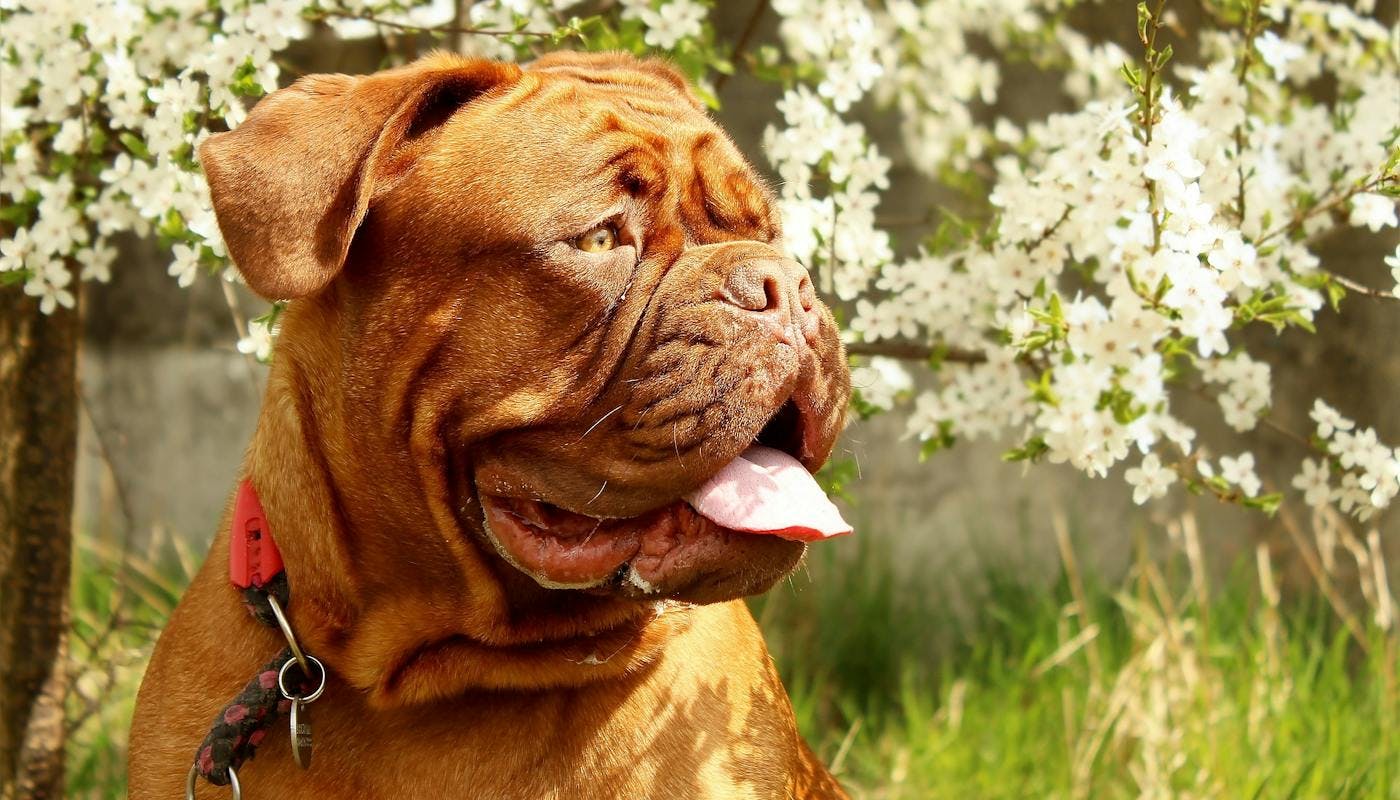Why Does My Dog Get The Hiccups?
Like humans, dogs sometimes suffer from hiccups. And while it might look adorable, we all know how annoying hiccups can feel. But why do dogs hiccup? What causes them? And is it ever a problem? In this article, we’ll explore all those questions and more.
What Are Dog Hiccups?
When dogs breathe in, their diaphragm contracts, moving down and making space in the chest where the lungs expand – just like humans. But when the smooth, regular rhythm of breathing is disrupted, it causes the diaphragm to spasm and contract rapidly. This is what causes hiccups.
The reason hiccups tend to happen as a series of spasms rather than one, one-off hiccup is because the spasm of one hiccup causes another so it can be hard to break the cycle – as well all know! The ‘hic’ sound comes from the glottis, or the space between the vocal cords, closing quickly as a result of the spasm.
Why Do Dogs And Puppies Get Hiccups?
Studies have shown that many species of mammals will hiccup while in utero, possibly as a way of testing the breathing muscles before they’re born. One theory for why mammals hiccup as children and adults is that it’s a leftover from this ‘practise’ breathing.
Though scientists don’t know exactly why mammals get hiccups, there are a number of situations that we can attribute to causing the spasms. For puppies in particular, tiredness, excitement, feeling too cold, and drinking too quickly can all cause hiccups.
Because hiccups often occur after eating or drinking too quickly, some experts also believe it could be a way of the body trying to expel gas or relieve an upset stomach.
Puppy owners will probably have noticed that their young dogs are more prone to hiccups than adult dogs. This is because they are prone to muscle contractions as a result of weaker, undeveloped muscles. They also exert more energy through excitement and take in more air than older dogs as a result.
However, dogs of all ages can get hiccups from ingesting too much air, feeling stressed, exerting a lot of energy through play and exercise, or through rapid breathing as a result of anxiety.
How To Stop Your Dog’s Hiccups
Most of the time, hiccups will stop on their own. Humans are often told to try different tricks, like drinking upside down to having a fright, though there is no one clear way to cure a case of hiccups and we usually just have to wait it out.
Do not attempt any old-wives-tale solutions to hiccups on your dog as they are unlikely to work and might scare or hurt your pet in the process. However, you can encourage some behaviors that will help the hiccups go away more quickly:
- Keep them calm and still to regulate their breathing
- Lay them down for a tummy rub
- Give them water to drink slowly
- Feed them smaller portions to prevent eating too much, too fast and avoid large meals during hiccups
What Should I Do If My Dog Won’t Stop Hiccupping?
Hiccups should only last for a few minutes however they can last longer, especially if your dog continues to be active. However, if you’ve tried the methods above and your dog is appearing agitated by the hiccups, you could try encouraging different activities that will change the pace of their breathing. Gently massaging their throat and neck can also help to activate their swallowing reflex to interrupt the pattern of the hiccups.
If your dog is still hiccuping after a few hours, you may want to seek veterinary advice to check that it is not a sign of a more serious issue. Hiccups are annoying, but they should not hurt your dog. But it’s important to look out for signs of other conditions that might be causing their hiccups.
When Are Dog Hiccups A Problem?
Hiccupping is totally normal in both puppies and adult dogs and will almost always go away on their own. However, if you notice that your dog’s hiccups are lasting up to hours at a time, or if they are struggling to swallow, coughing or wheezing, or drooling at the same time then it could be a symptom of something more serious. In these cases, take your dog to the vet for a medical examination.
Some conditions and diseases that present with hiccups as a symptom include:
- Asthma
- Heat stroke
- Heart disease
- Ingestion of a foreign body
- Nausea
- Pneumonia
- Respiratory issues
